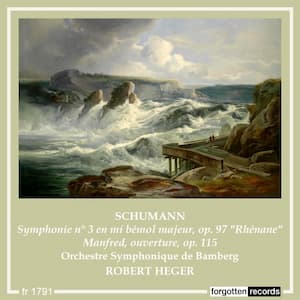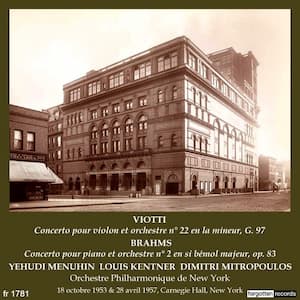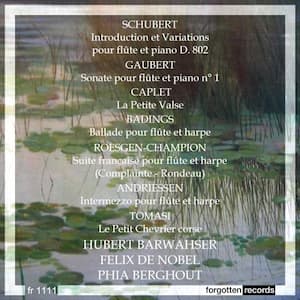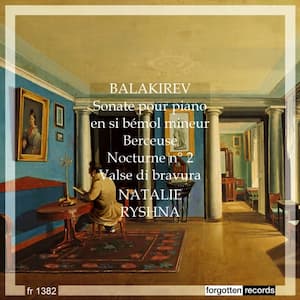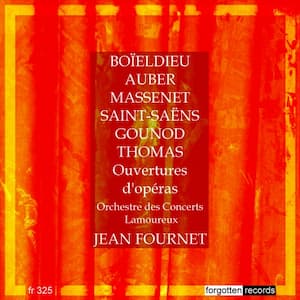Solitude….suffering….and the supernatural. Yes, we’re in the middle of Romanticism and when one of the most romantic of composers, Robert Schumann, takes up the romantic tale of Count Manfred as told by the most romantic of poets, Lord Byron, we
Archives
The most famous 19th-century violinist that you’ve probably never heard of had a career that spanned all of Europe. He was widely travelled, his debut in Paris in 1782 was an unprecedented success, he was a favourite of Queen Marie
The match between the French composer Camille Saint-Saëns and the Spanish violin virtuoso Pablo Sarasate was ideal – even when Sarasate didn’t play the premiere of a Saint-Saëns violin work, his light and nimble style was always there in the
In the late-19th and early-20th century, the flute rose on the solo stage, largely through the efforts of French flutists such as Georges Barrère (1876-1944). His career started with a solo in one of the most innovative works of Claude
It’s the bane of every beginning pianist – it’s too easy to make it banal and not musical – and it’s probable that the work itself is misunderstood by 99% of the amateurs who attempt it. ‘It’ is Beethoven’s Bagatelle
Beethoven’s opera Fidelio had problems from the start. Its premiere, in November 1805, came a week after Napoleon’s troops had invaded Vienna. The composer’s patrons had left the city, and the audience, largely made up of French officers, didn’t like
Mily Alexeyevich Balakirev (1837-1910) was a Russian composer, pianist and conductor who saw those he promoted go on to greatness while he always seemed to elude the same spotlight. He, along with Vladimir Stasov, brought together The Five (Borodin, Cui,
The 1866 opera by Ambroise Thomas, Mignon, was an outstanding success in Paris. It was given its premiere in November 1866 at the Opéra-Comique and over the next 50 years had nearly 1,500 performances in the house. The story comes

